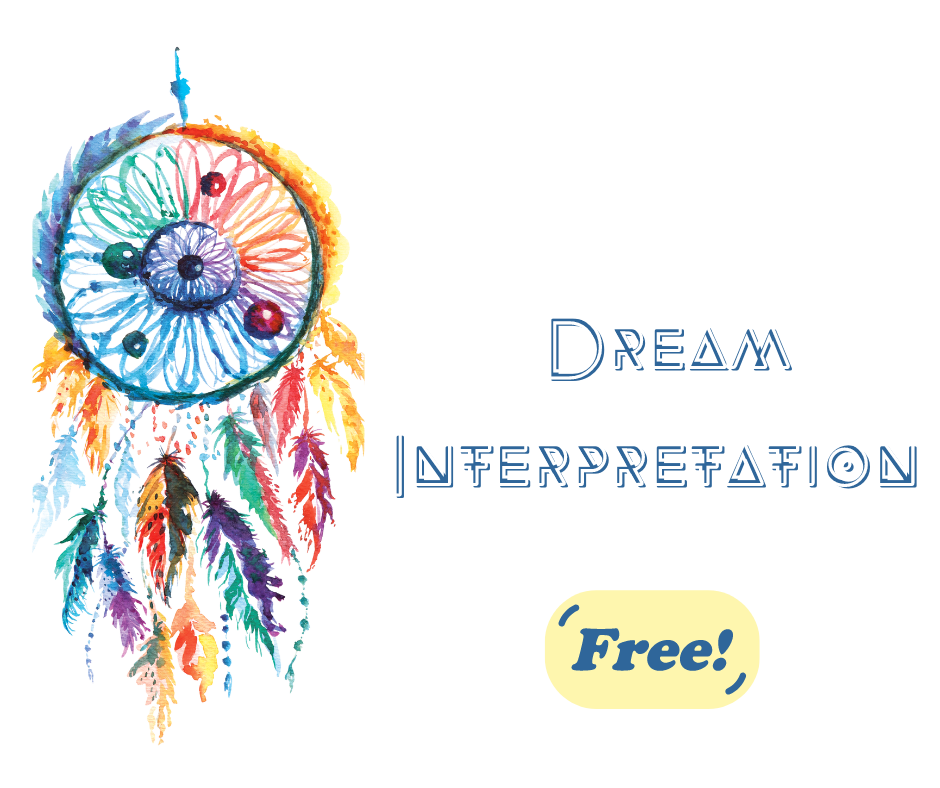Valerian is one of the most common herbal insomnia therapies. There are more than 150 plants in the Valeriana genus, but Valeriana officinalis is the one most commonly used for medicinal purposes. It’s particularly useful for nervous sleeplessness and for insomnia which is caused by stress, anxiety, tension, muscle cramping, indigestion, uterine cramps, intestinal colic, and more.
It was used by ancient Greek, Roman, medieval, and Ayurvedic physicians to treat insomnia and as a gentle sleep aid. In Chinese Medicine, valerian (Xie Cao) is used to treat the following symptoms:
- insomnia
- emotional stress
- excessive worrying
- muscle tightness and spasms
- stomach cramps
- dysmenorrhea
- pre-menstrual syndrome
Even though valerian is one of the strongest sedatives used in Western Herbalism, if you visit a sleep specialist for insomnia, you will probably not get a recommendation for valerian unless you specifically say you’re interested in a herbal remedy. In fact, it was dropped from the United States Pharmacopeia in 1950.
The reason for that is that there aren’t yet any conclusive studies which demonstrate valerian is an effective treatment for insomnia. (And maybe also pressure on part of the pharmaceutical companies which rather more people use their products than resort to herbal remedies.)
However, as any herbalist will you tell you, based on our clinical experience, we know that valerian is effective for many people. It’s just not always effective alone. But in the context of a holistic treatment plan, it can definitely help, especially to fall asleep faster. Moreover, most studies lasted less than 14 days, which may be the minimum treatment time to see any benefits.
Valeriana officinalis Effects
Valerian extracts may have the following effects:
- Strong Sedative/Hypnotic – induces sleep. In particular, valerian may make you fall asleep faster, improve the quality of sleep, and decrease nocturnal awakenings. Sleep may become deeper as well, and sleep efficiency (the percentage of time spent asleep while in bed) may improve.
- Anxiolytic – reduces anxiety
- Myorelaxant – muscle relaxant
- Anticonvulsant – reduces or prevents epileptic seizures
- Strong Antispasmodic – prevents or eases muscle spasms or cramps
- Mild Analgesic – relieves pain
- Carminative – relieves flatulence
- Strong Nervine Relaxant – relieves stress and confusion
- Hypotensive – lowers blood pressure
- Anti-inflammatory – reduces inflammation
- Mild Emmenagogue – stimulates menstrual flow and activity
Side effects (generally few and mild): headache, weakness, restlessness. Daytime sedation is uncommon. Increased REM sleep is possible in some. There is no abuse potential.
How to Take Valeriana officinalis?
The active ingredients are concentrated in the rhizome, stolon, and root.
Doses: typically from 400 to 900 mg standardized valerian extract per day. Typically, a dose is taken 30-60 minutes before bedtime.
To make a tea, use 1-2 teaspoons (2-5 grams) of dried herb per cup of boiling water, cover the container to avoid loss of volatile oils, and let stand for 10 minutes.
To make a cold water infusion, use cold water and let stand for 8-10 hours.
As a 1:5 in 60% tincture, a single dose is 2.5-5 ml (0.5-1 teaspoons). Maximal dose is 10 ml.
As a 1:8 in 60% tincture, a single dose of 4-8 ml can be taken three times a day.
Duration of treatment: minimum 14 days.
Valerian with lemon balm or hops may be more effective than valerian alone.
Do not take valerian without consulting with a physician, especially if you’re pregnant or suffering from liver disease or hypothyroidism. Also, ask your doctor before taking valerian if you’re also taking skullcap (Scutellaria lateriflora) or other sedatives.
Valerian will make you drowsy, so keep that in mind and don’t plan on driving, etc. in the hours following ingesting this sedative.
What’s in Valeriana officinalis?
Valerian extracts contain chemicals which affect the brain, such as:
- The essential oil contains many substances such as valerenic acid, an anti-spasmodic.
- Valepotriates, such as valtrate ( a sedative), which degrade to baldrinals when the plant is dried or extracted
- GABA – The little GABA that may be present in valerian extracts is probably not responsible for its effects because GABA does not cross the blood-brain barrier.
Purchase Valeriana officinalis
Valerian is a great herb to use as a sleep aid or as part of an insomnia treatment plan as a replacement for prescription medications.
Unfortunately, herbal dietary supplements are not required to provide data on the safety, efficacy, or purity of their products.
Dietary supplements cause thousands of adverse events per year in the US, most commonly liver and kidney damage.
With no regulatory oversight, there’s no guarantee that what’s on the label is even inside the bottle. There may be valerian supplements which contain harmful substances and little if any Valeriana officinalis.


